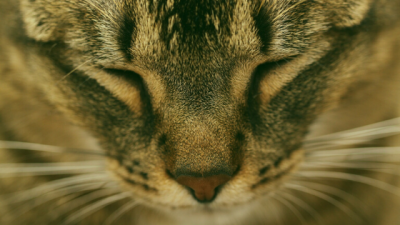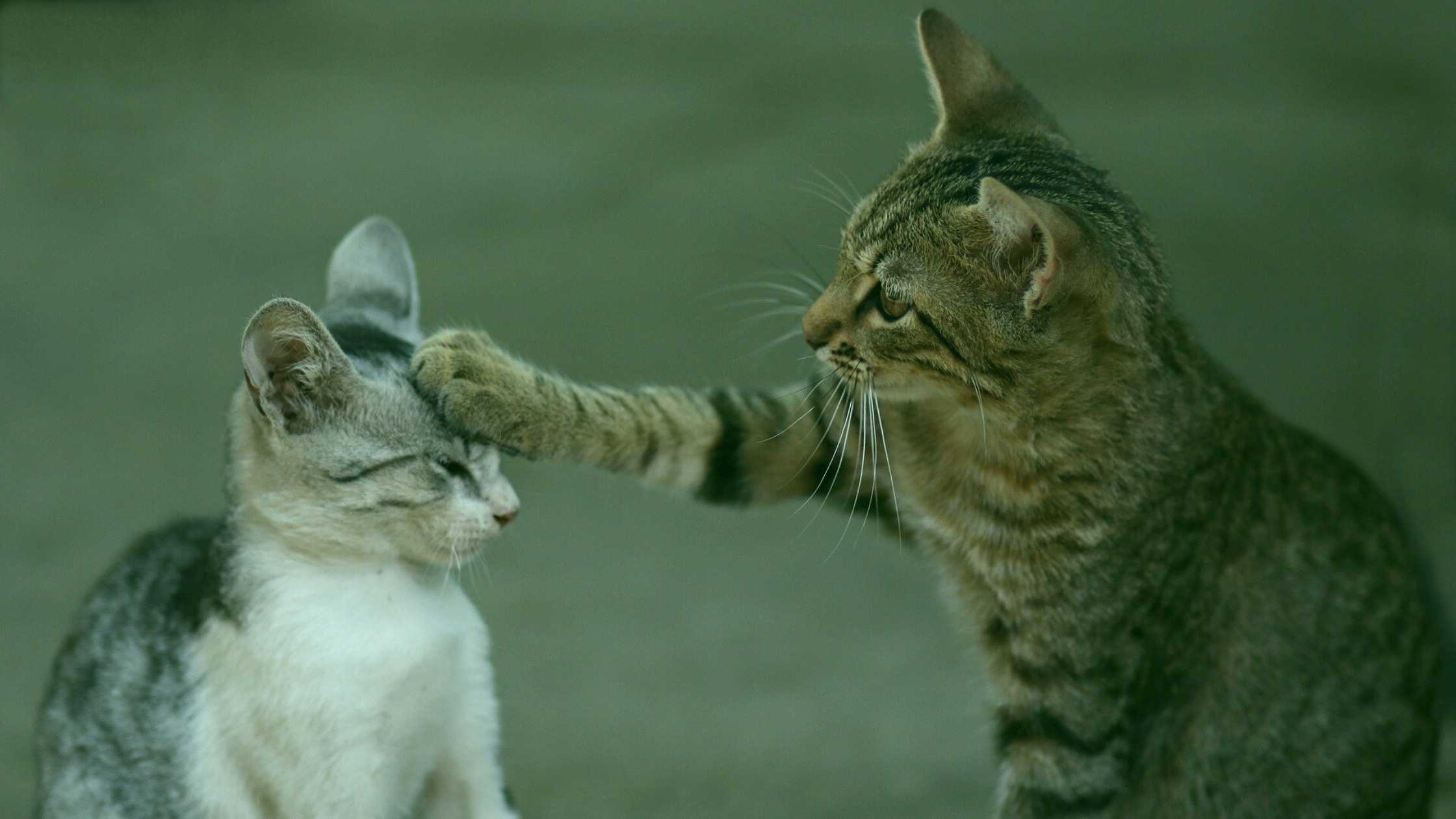Caring For Your Aging Pet
Ask PHP Pete!
Dear PHP Pete,
My cat is 20 years old and has dementia along with kidney disease and hyperthyroidism. Recently she has been meowing and yowling all night long and has not been using the litter pan appropriately. She has plenty of food and water. Nothing seems to help; and, as a result, I am having trouble sleeping. Is there anything that can be done for her?
Sincerely,
Sleepless in Arizona

Dear Sleepless in Arizona,
I am sorry to hear of the struggles you and your kitty are facing. Our pets, like us, are living longer lives. This is a wonderful thing, but with a longer life comes a greater risk of dementia, along with other conditions, that cause changes in cat (and dog) behavior. Symptoms like disorientation, changes in the sleep/wake cycle, changes in appetite, inappropriate urination/defecation, and crying out at night can indicate dementia but are also symptoms of other health conditions common in an aging pet, such as kidney disease, hyperthyroidism, and osteoarthritis.
Caring for an Aging Pet
The first step is to make sure that all health conditions are being managed, this may involve changes in medications and diet. Managing medications in pets with kidney disease can be challenging as some drugs are processed, at least in part, by the kidneys, such as penicillin and cephalosporin antibiotics, furosemide, phenobarbital, and omeprazole. Diets containing vitamin E, beta carotene, and essential fatty acids support brain function; consult your vet for guidance (it is possible to give too much). Also, some special diets already contain these ingredients.
Regarding your cat’s environment, make sure your cat has easy access to her litter pan; you may want to cut down one side to encourage use. Food/water dishes can be elevated for easier reach. Bedding should be on the ground or made more accessible through ramps, etc. In early stages, it may be helpful to try to stimulate your cat’s brain through play and other interactions–but consider your pet’s age and level of activity. Try to introduce changes relatively slowly to prevent further disorientation and confusion.
Medication options for dementia are limited. Selegiline and S-adenosyl-l-methionine (SAMe) are sometimes used off-label in cats with varying success. Some anti-anxiety medications, such as fluoxetine and buspirone, may provide comfort and decrease stress.
Wishing you and your kitty rest and relief!
PHP Pete
- Gunn-Moore DA. Cognitive Dysfunction in Cats: Clinical Assessment and Management. Top Companion Anim Med. 2011 Feb; 26(1): 17-24.





